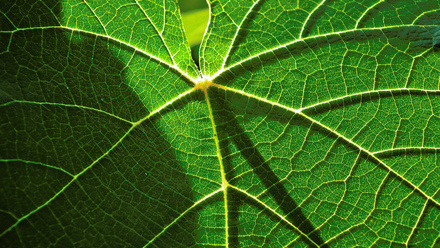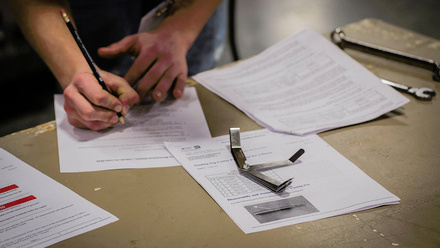Waste coffee grounds make concrete 30% stronger, says study
The scientists achieved this by turning waste coffee grounds into biochar – a substance similar to charcoal made by burning organic material at high temperatures – using a low-energy process without oxygen at 350 degrees celsius.
Spent coffee grounds (SCG) were dried and heated to different temperatures before undergoing an oxygen-free process known as pyrolysis. Under this process, organic molecules vibrate and break down into smaller components, which creates biochar.
The biochar was then added in various percentages into Portland cement as a replacement for fine aggregate – in this case, natural sand. The fresh concrete was poured into moulds and vibrated to remove air pockets. The samples were cured at room temperature for 24 hours, demoulded and cured in a water tank at approximately 22 degrees celsius until testing time.
Researchers analysed the different mixtures by using X-ray diffraction and scanning electron microscopy. They found that SCG biochar heated at 350 degrees celsius and replacing 15% of natural sand as an aggregate produced concrete 29.3% stronger in compressive strength.
RMIT said the study, published in the Journal of Cleaner Production, is the first to prove that waste coffee grounds can be used to improve concrete.
Dr Rajeev Roychand, lead author of the paper and a post-doctoral research fellow at RMIT, said: "The inspiration for our work was to find an innovative way of using the large amounts of coffee waste in construction projects rather than going to landfills – to give coffee a 'double shot' at life."
Joint lead author, Dr Shannon Kilmartin-Lynch, a vice-chancellor's indigenous post-doctoral research fellow at RMIT, added that construction industries around the world could play a role in transforming coffee waste into a valuable resource.
Corresponding author and research team leader Professor Jie Li said the coffee biochar can replace a portion of the sand that is used to make concrete. 50 billion tonnes of natural sand are used in construction projects globally each year, which has an important impact on the environment.
Around 10 billion kg of coffee waste is produced globally each year, with a significant proportion ending up in landfill. Its decomposition releases methane gas, which has an important impact to global warming and is 21 times worse than CO2.
Co-researcher Dr Mohammad Saberian said the construction industry needed to explore alternative raw materials to ensure its sustainability.
Saberian said: "Our research team has gained extensive experience in developing highly optimised biochars from different organic wastes, including wood biochar, food-waste biochar, agricultural waste biochar, and municipal solid-waste biochar, for concrete applications."
The researchers are now planning to develop practical implementation strategies for the method and work towards field trials.
This article originally appeared on Construction Manager






